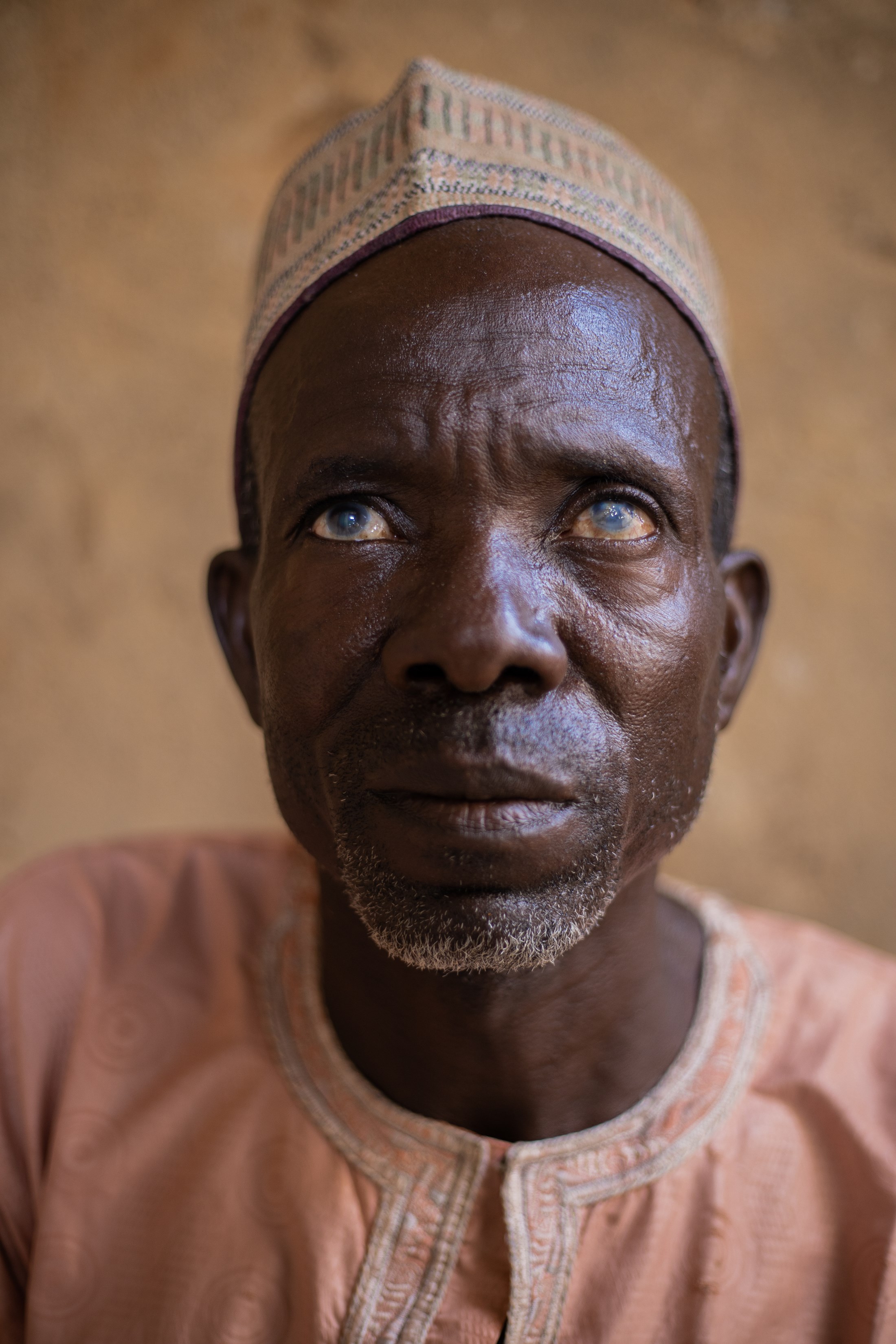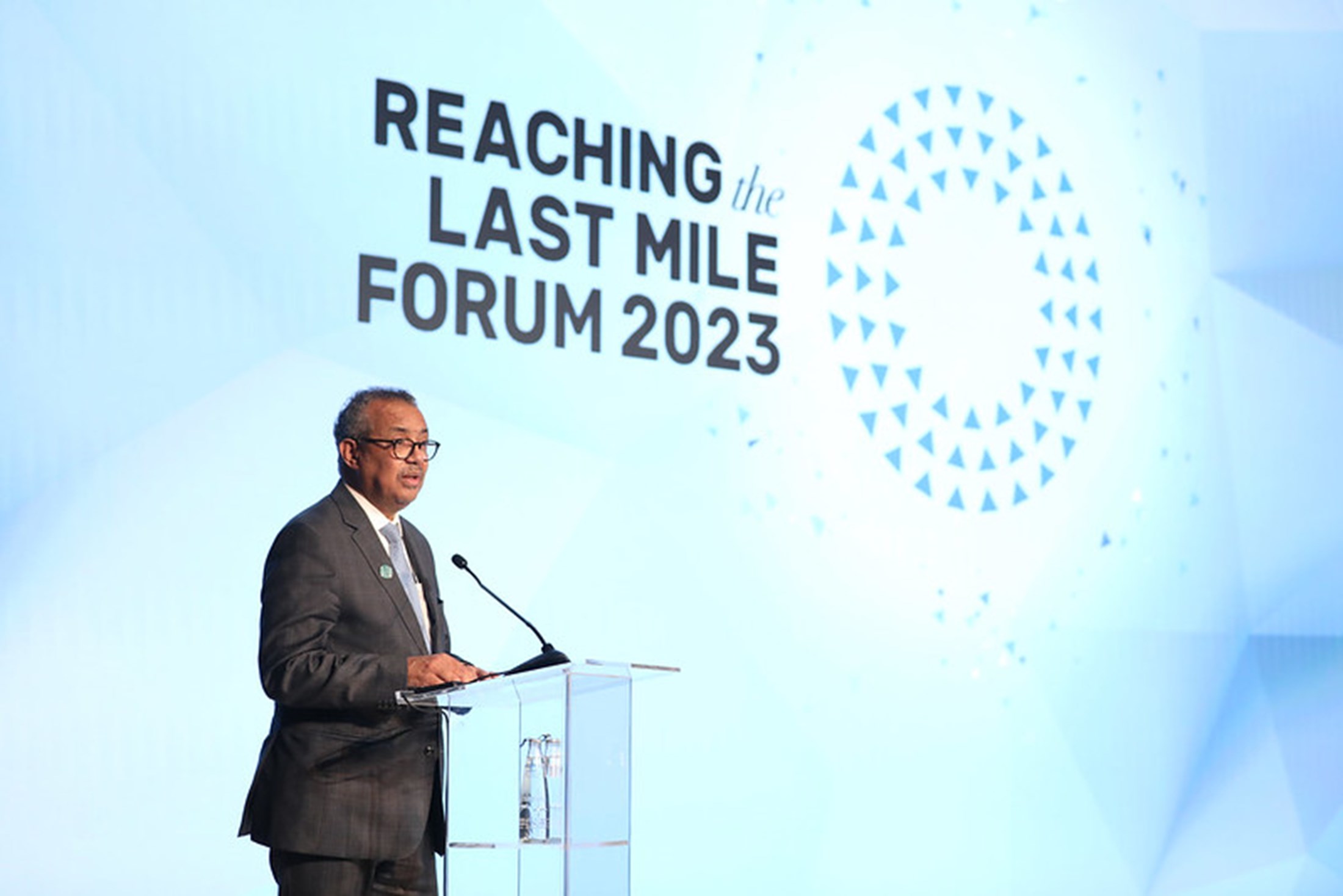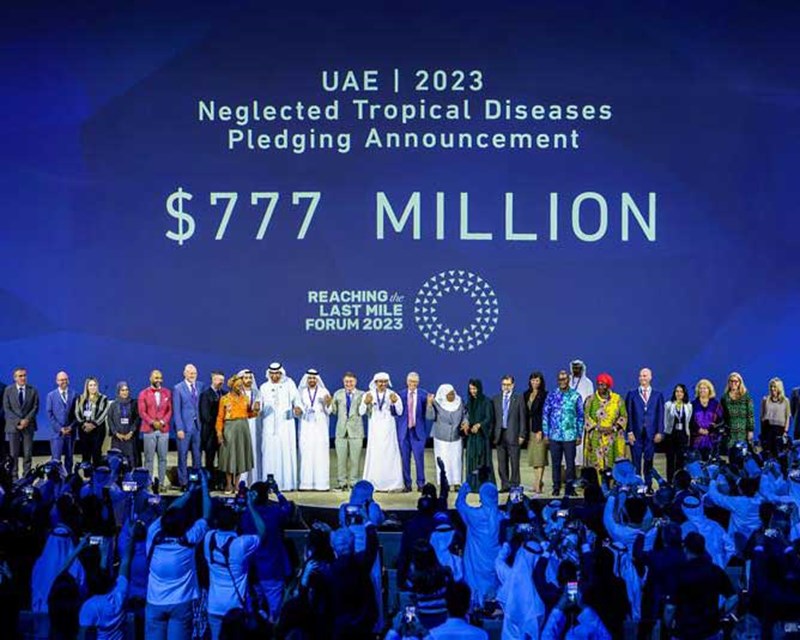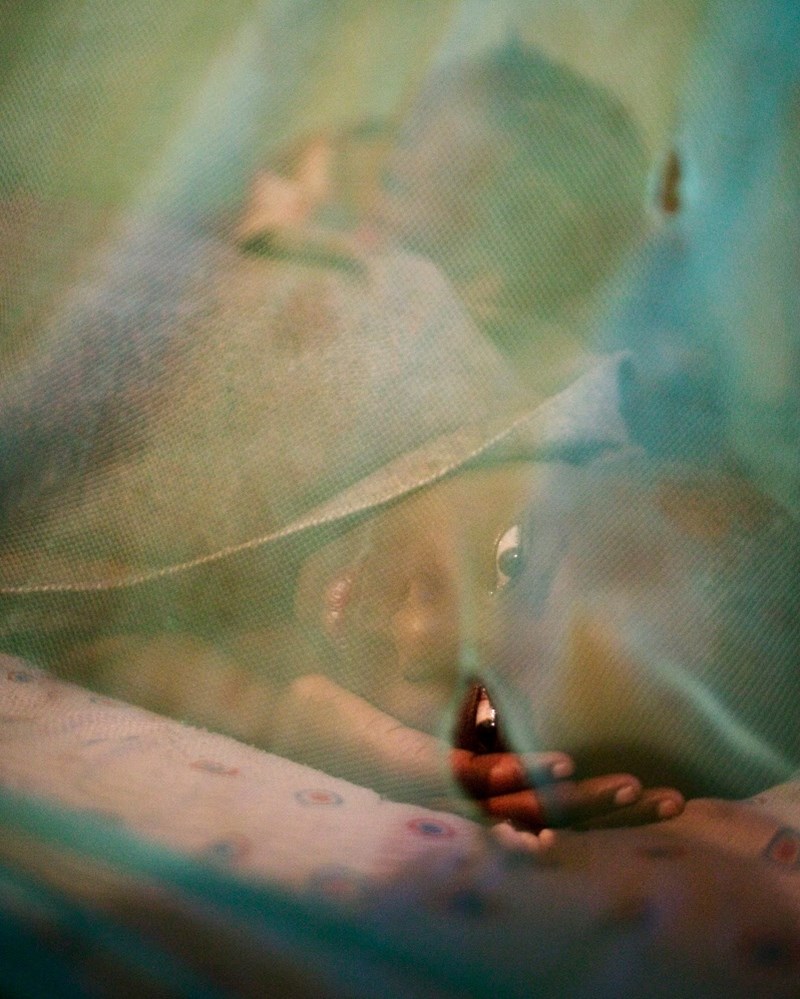Neglected tropical diseases (NTDs) are a group of 21 debilitating conditions which disproportionately affect the world’s poorest and most vulnerable people in some of the hardest to reach places. Conditions such as lymphatic filariasis, Guinea worm, leprosy, and onchocerciasis (river blindness) blind, disfigure, and disable millions of people each year, keeping children out of school and parents out of work, costing countries billions of dollars in lost productivity.
Many of NTDs - and the 1.6 billion people whose lives they affect - have been ignored for decades. This is due, in part, to a lack of incentives for research into new tools, diagnostics, and treatments thanks to insufficient funding and limited global attention.
The lack of attention and funding is despite most of these conditions being easily preventable and treatable, relative to other diseases such as heart disease, if only people would fund their elimination.
Thankfully, following recent events, eyes - and funders - are being drawn to the devastating health, social, and economic consequences of NTDs and the 170,000 preventable deaths each year that they cause.
January 30 marks the fourth World NTD Day, an initiative spearheaded by Reaching the Last Mile, the health philanthropy of Sheikh Mohamed bin Zayed Al Nahyan, the president of the UAE. Since its launch in 2019, hundreds of partners signed up to mark World NTD Day and demand action to #BeatNTDs.
World NTD Day is an opportunity to raise awareness about the experiences of those affected by these diseases of poverty and the barriers to their elimination. It is also a time to reflect on some recent successes. Fifty countries worldwide have now eliminated at least one NTD, and 600 million fewer people require interventions than they did in 2010.
More than 15 billion treatments have been donated by pharmaceutical industry between 2012 and 2022, and just last year, Bangladesh eliminated lymphatic filariasis and Ghana eliminated sleeping sickness (Human African trypanosomiasis).
Perhaps most notably, the horrific Guinea worm (Dracunculiasis), which affected more than 3.5 million people in the 1980s, is now close to becoming only the second human disease after smallpox to be eliminated, with just 13 cases remaining, according to the latest figures.
The UAE has long led from the front on NTDs. The country’s first president, Sheikh Zayed bin Sultan Al Nahyan, was one of the early funders of the Guinea worm programme launched by President Jimmy Carter after he left the White House.
His son, Sheikh Mohamed bin Zayed, the current president of the UAE, has picked up the baton through his support for Reaching the Last Mile (RLM), and my institution, the Global Institute for Disease Elimination (GLIDE), which is based in Abu Dhabi.







